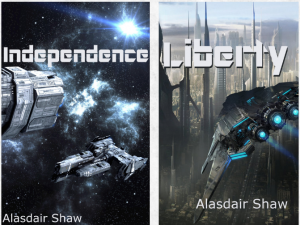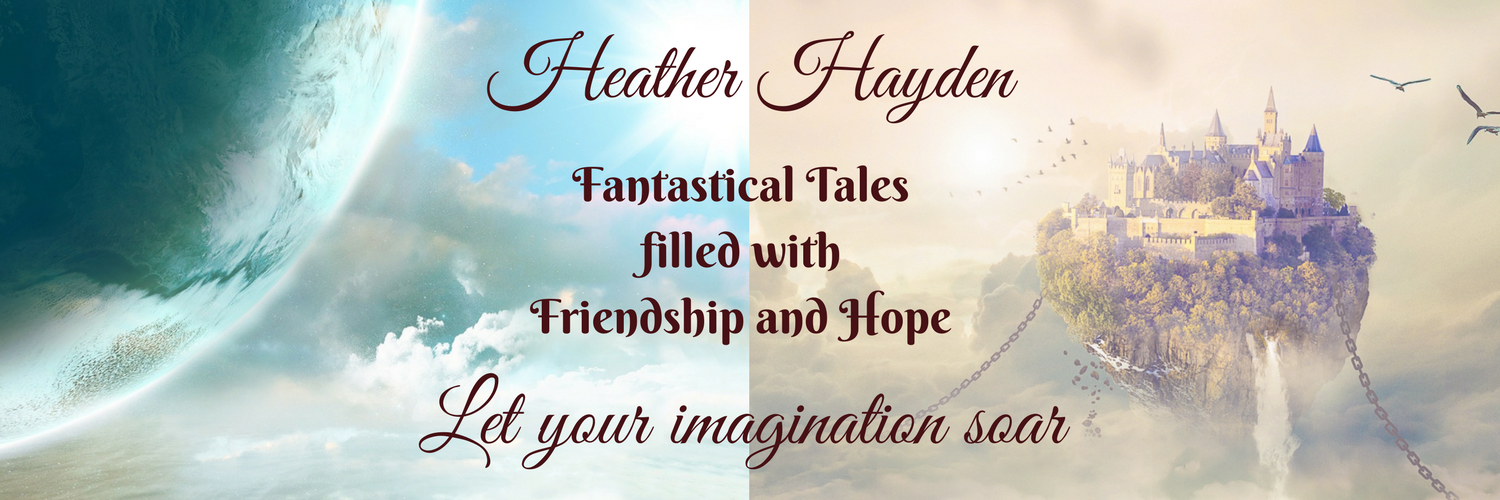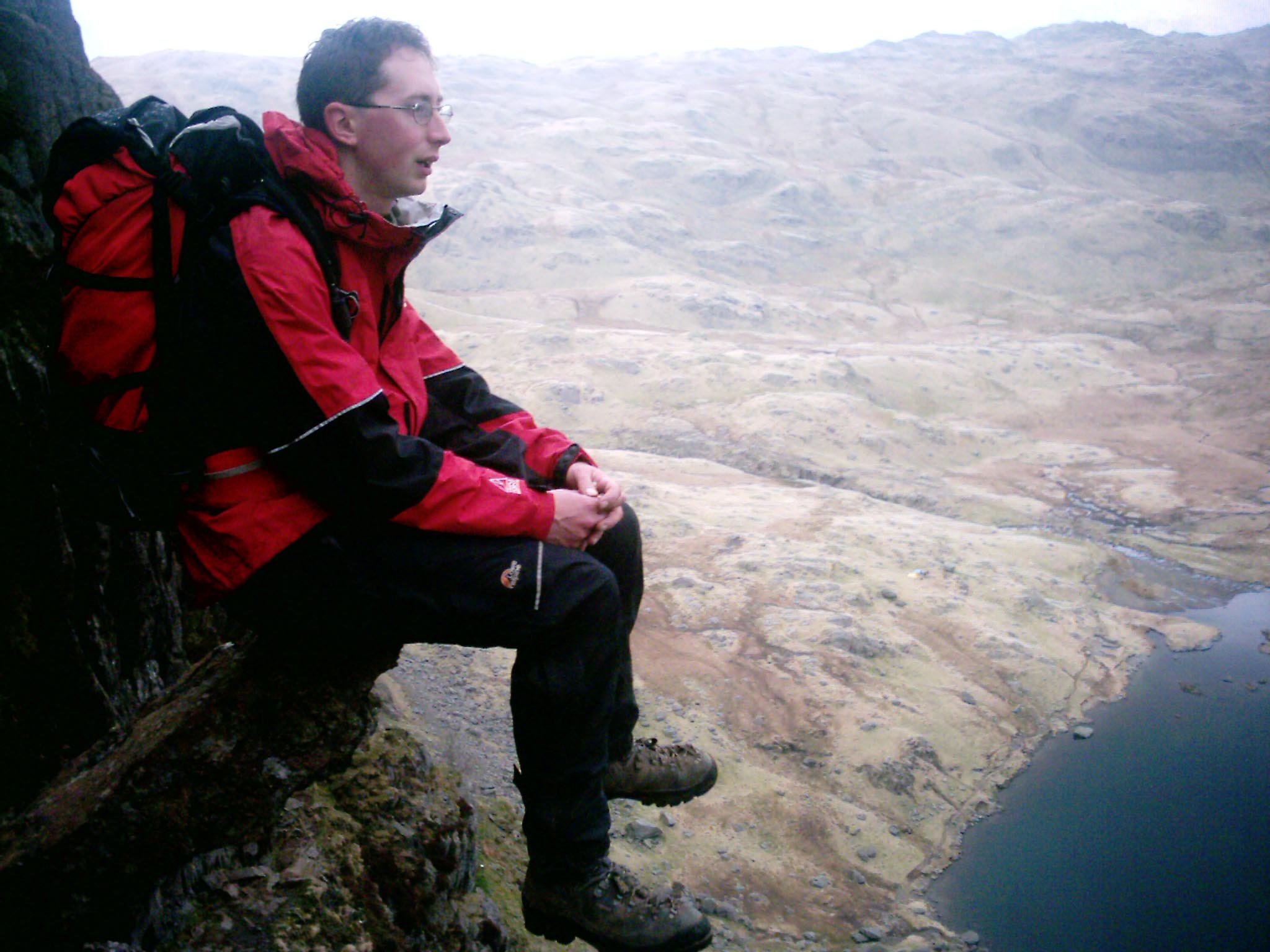This is the first interview for the Blog World Tour: Science Fiction Edition, previously announced here. Like the Blog World Tour: Fantasy Edition, there’s a prize available for the first commenter to guess my secret posting schedule: a digitally signed ebook copy of Augment or a voucher for a free digitally signed ebook copy of any novel I publish this year or next year. If you think you’ve guessed it, let me know in the comments!
Today’s interviewee is Alasdair Shaw. A fellow science fiction writer, like me he enjoys exploring concepts surrounding artificial intelligence in his stories. I’m delighted to be interviewing him today!
Welcome to my blog, Alasdair. It’s time to begin the interview.
All writers draw inspiration from the worlds around them and inside them, as well as from other writers. It can be conscious or subconscious, but the inspiration is there. Which writers inspire you?
Isaac Asimov, Iain M. Banks, Peter Hamilton, Anne Leckie.
They have all written books that I enjoy. They manage to blend an interesting plot, things to think about, and a good turn of phrase.
They also address similar ideas to those that I cover in my books: artificial intelligence, future space combat, how politics will work once everyone is connected. As Indie is a great reader of books, situations he finds himself in remind him of things he has read. Given the similarities to the experiences of characters such as R. Daneel Olivaw and Justice of Toren, these are referred to in my latest book, Liberty.
When I started the Two Democracies: Revolution series, I imagined it as a society making the first steps towards a civilization akin to the Culture. In that analogy, Indie is the first Mind. Obviously, it is set long after the Culture came into being, and there are significant differences, but it helped me set up Indie’s personality in my head. Thinking about Iain M. Banks’ work also kept me going despite the marmite reaction amongst beta readers to the ship name The Indescribable Joy of Destruction. Whilst some loved it, others complained about the length.
Personally, I love the name! It reminds me a bit of the names you can find on Andromeda (or, for that matter, many different science fiction series, The Chanur Saga being the first to come to mind.) A ship’s name really depends on the culture behind it; some might choose simple single-word names, others might prefer longer ones. *coughs* Right, I should move on to the next question, before I start getting distracted by the analysis of naming conventions. Next question: Do you work to an outline or plot or do you prefer to just see where an idea takes you?
I have a central plot, and a couple of sub-plots, worked out for a book before I start. In fact, I have a master history worked out from the present day through to hundreds of years after the events of Liberty. This will be covered in several series of books which will make up the Two Democracies canon. Some examples will be Two Democracies: Exodus, Two Democracies: Unification, Two Democracies: Partition, and Two Democracies: Revolution.
However, many of the best things just creep in as I’m writing. I’ve had many wonderful story arcs grow by themselves. I never cease to be amazed when a plot development occurs to me and I find I have already written little spurs that can link into it and embed it within the story.
Sometimes my characters misbehave and do a different thing to what I had intended. I also find that some characters grow from incidental to major. One of the characters we briefly meet in Liberty will be a central one in Equality. Commander Olivia Johnson even reappeared several chapters into Liberty even though I thought I’d killed her off at the end of Independence.
Wow! A master history that long is incredibly impressive. I’ve certainly never approached such a project before, although it’s neat that you have it all planned out. I can understand characters misbehaving, though–mine do that all the time. And often it works out for the better! Even if I do spend the first part of the journey grumbling at said characters… Now, when your characters do misbehave and it feels like all your plans have gone up in smoke, do you have a favorite motivational phrase that keeps you going?
“It does not matter how slowly you go as long as you do not stop.” – Confucius
I have that in my head whenever I am going up a particularly steep and long section of mountain path. Once I stop, I find it a lot harder to start again, both physically and mentally. I even avoid sitting down too often when I have breaks for food, as standing up again is tough.
It also applies when I am writing. If I find myself stuck on one piece, instead of staring at the screen I write a different bit. Sometimes I write something completely different, for instance if I am stuck on a science fiction novel I might do a chapter of a physics revision guide. This means I finish the session with a sense of success and the satisfaction of having produced something.
That’s a great motivational phrase! I might borrow for myself as well. I do the same kind of project bouncing–it certainly helps the muse get back into gear (although I bounce between science fiction and fantasy, rather than non-fiction.) You have so many plans for your Two Democracies series–what are your ambitions for your writing career?
Well, the dream would be Hugo award winner and New York Times bestseller. In reality, it would be nice to earn a little extra money to put aside for my children.
I love my main job. I am a physics and computer science teacher, and sharing my passion for those subjects with children is a highly satisfying thing to do on a daily basis. I am also an outdoor activities instructor, specializing in caving, rock climbing, and mountaineering. Writing, whilst a superbly rewarding activity, can never come close to replacing teaching and instructing as a career.
I think many writers share the same dream! It’s wonderful that you enjoy your main job, though. And you’re so lucky your instructing takes you outside! My current job’s all indoors work, not nearly so much fun.
We have time for one more question. Now that we’ve covered your writing ambitions, where do you think publishing will go in the future?
I suspect that a lot of small publishing houses will be squeezed out. The big ones have a lot of power and will always be there to cater for big names and celebrities. Independent publishing is likely to replace the smaller houses.
If nothing else, I hope that vanity publishing dies. A lot of the negative opinions people have about self-published books come from vanity publications, there is certainly an assumption that you are doing it that way because you couldn’t get a traditional house to publish you. Worse still are the companies that prey on would-be authors who don’t know or aren’t confident enough to self-publish. Hopefully, with the rise in positive media coverage of self-pubbing these companies will find it harder and harder to find people to get money out of.
I too have a dislike for vanity publishing and what it entails. Hopefully independent publishers will rise to corner a good portion of the market instead! Between the internet and the ability to try things larger publishing houses might not be willing or able to, indies definitely have a new advantage in the field.
Thank you so much for being here today, Alasdair! I wish you and your stories the best (and will cross my fingers for a Hugo Award in your future.)
 Alasdair Shaw grew up in Lancashire, within easy reach of the Yorkshire Dales, Pennines, Lake District and Snowdonia. After stints living in Cambridge, North Wales, and the Cotswolds, he has lived in Somerset since 2002.
Alasdair Shaw grew up in Lancashire, within easy reach of the Yorkshire Dales, Pennines, Lake District and Snowdonia. After stints living in Cambridge, North Wales, and the Cotswolds, he has lived in Somerset since 2002.
He has been rock climbing, mountaineering, caving, kayaking and skiing as long as he can remember. Growing up he spent most of his spare time in the hills. Recently he has been doing more sea kayaking and swimming.
Alasdair studied at the University of Cambridge, leaving in 2000 with an MA in Natural Sciences and an MSci in Experimental and Theoretical Physics. He went on to earn a PGCE, specializing in Science and Physics, from the University of Bangor. A secondary teacher for over fifteen years, he has plenty of experience communicating scientific ideas.
He started his writing career with Walking Through the Past, a series of walking guides to archaeological sites in Britain’s uplands published by Archaeoroutes. He then got into writing physics textbooks, revision guides, and practice exam papers for ZigZag Education and BBOP: School Physics Resources.
 The Two Democracies: Revolution science fiction series starts with Independence, and continues with Liberty. The third story, Equality, will hopefully be released in summer 2017, followed by Fraternity the year after.
The Two Democracies: Revolution science fiction series starts with Independence, and continues with Liberty. The third story, Equality, will hopefully be released in summer 2017, followed by Fraternity the year after.
You can sign up for Alasdair Shaw’s mailing list and see what else he gets up to on his website.
The Two Democracies universe intersects with our own on Twitter and Facebook.

